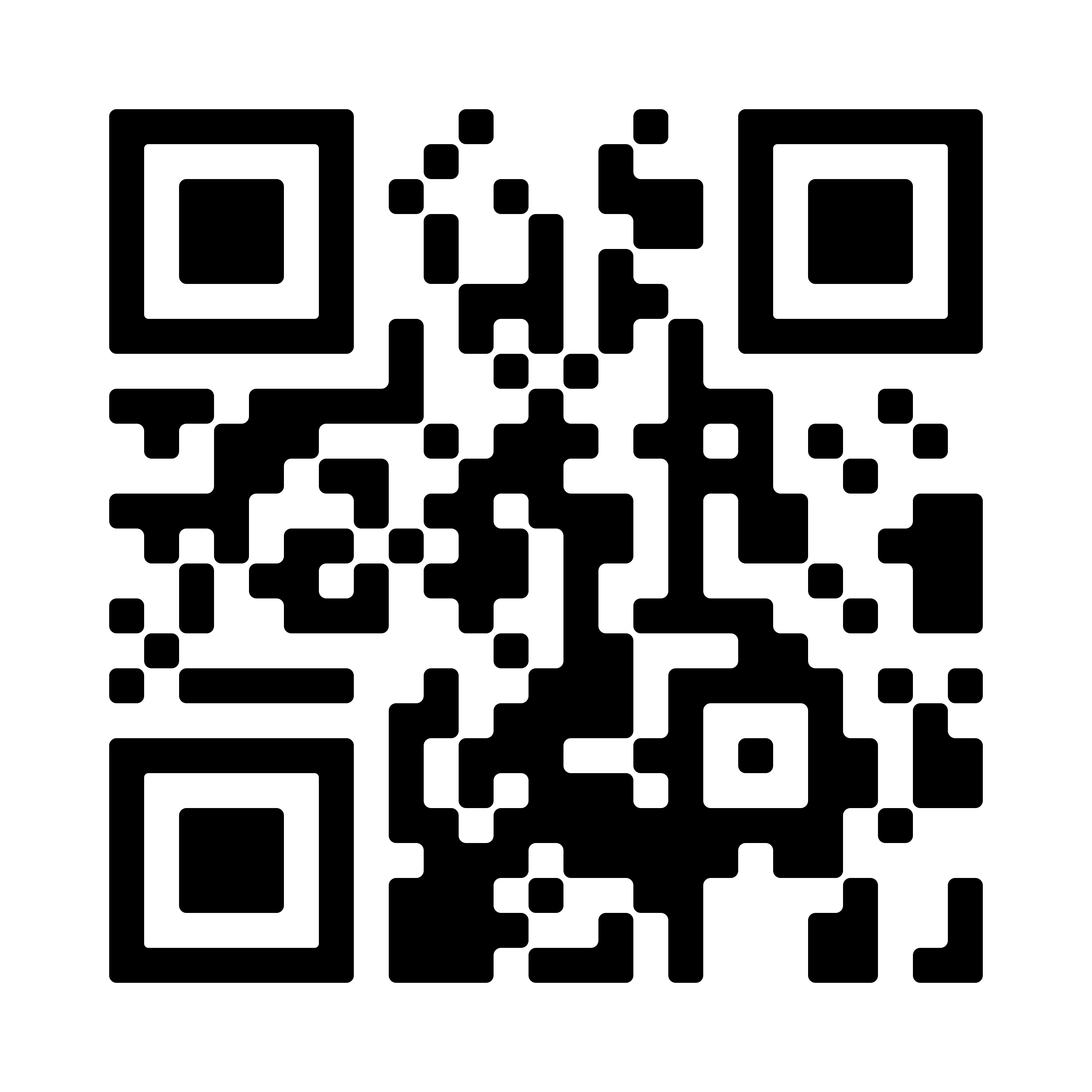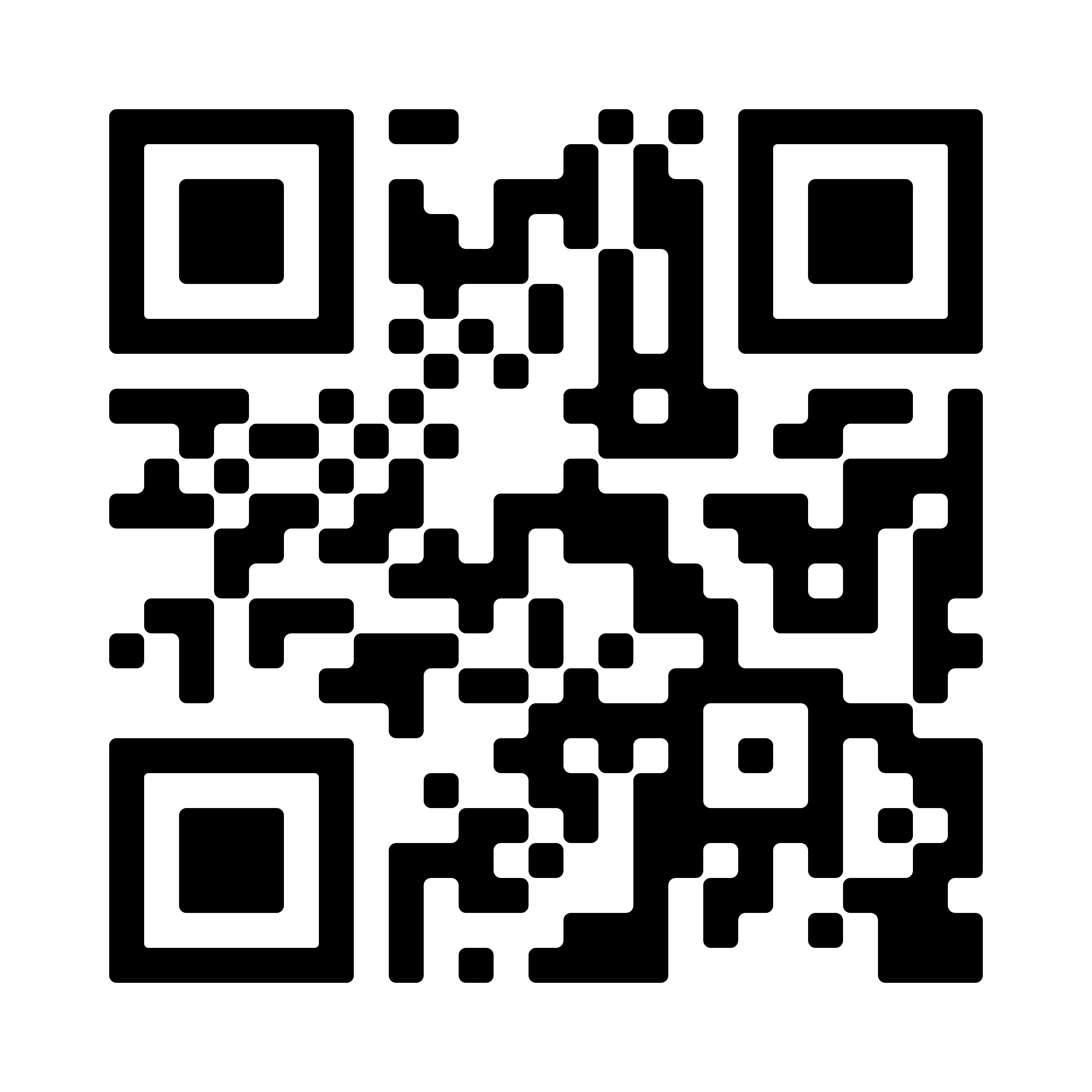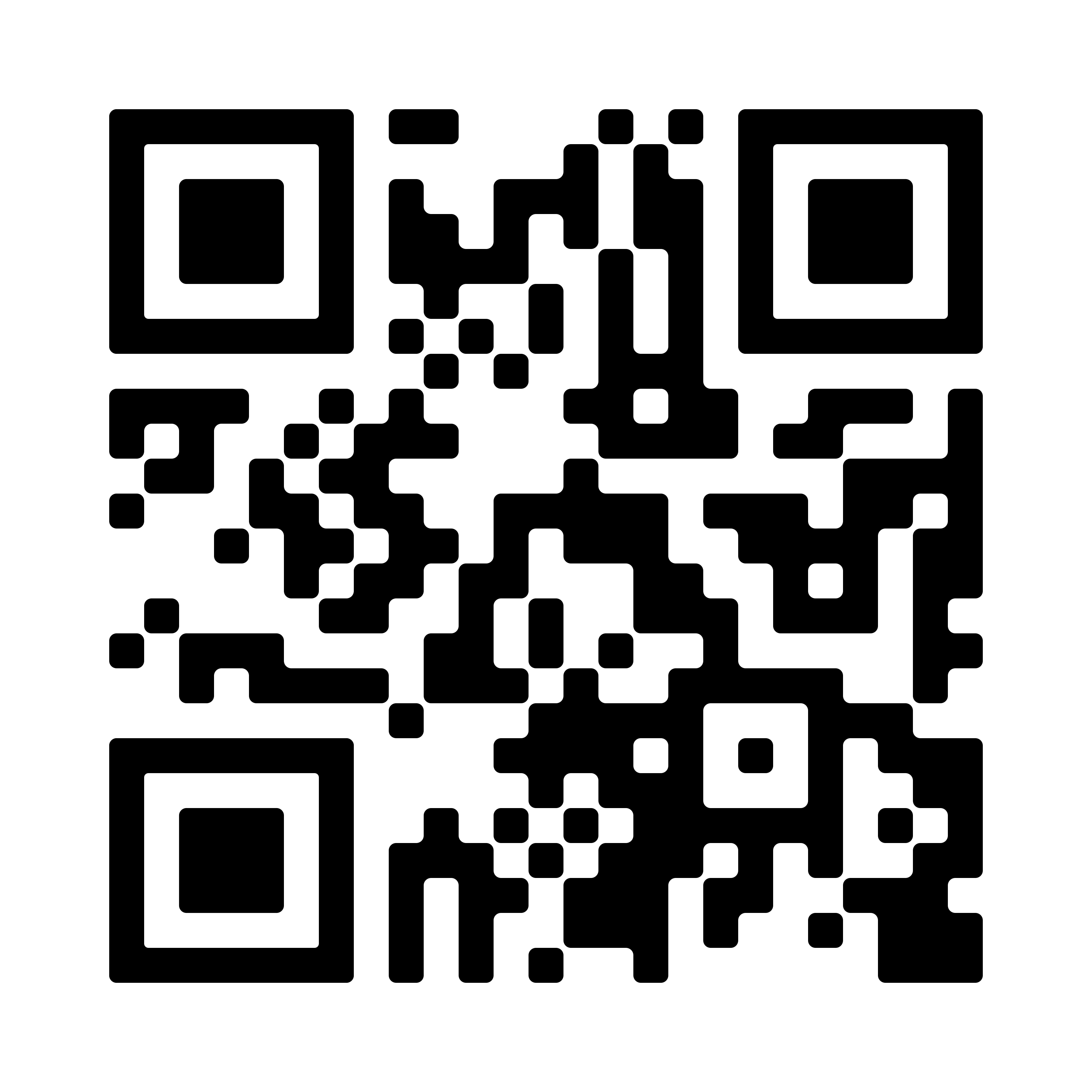In 2023, American consumers lost more than $10 billion to phishing scams and other fraud. A 13.6% increase from 2022. Falling victim to fraudulent emails, texts, and calls from scammers pretending to be banks can result in losing hundreds, even thousands of dollars. To help combat the toll that phishing is taking on consumers, Washington Trust is joining the American Bankers Association (ABA) during October’s Cybersecurity Awareness Month to promote #BanksNeverAskThat.
To spot phishing scams, just remember “Banks Never Ask That.” Here are five red flags to watch for in phishing emails, calls, and texts:
- They ask you to open a link.
- They use urgent of fear inducing language.
- They send an attachment.
- They request personal info like PINs, passwords, or social security numbers.
- They pressure you to log into, or send money with, payment apps.
To learn more tips and ways of protecting yourself from scammers, visit BanksNeverAskThat.com. There you will find an interactive game, a scam quiz, videos, phishing red flags, and tips. The site is also available in a Spanish language version.
If you ever feel you’ve been the victim of a scam and may have provided personal or important financial information, contact Washington Trust priority services at 800.788.4578, or your bank immediately. Be sure to include any relevant details, such as whether the suspicious caller attempted to impersonate your bank and whether any personal or financial information was provided to the suspicious caller. You can also help fight scammers by reporting them. Forward suspected phishing emails to the Anti-Phishing Working Group at reportphishing@apwg.org. If you got a phishing text message, forward it to SPAM (7726). Then, report the phishing attack to the FTC at ftc.gov/complaint.




